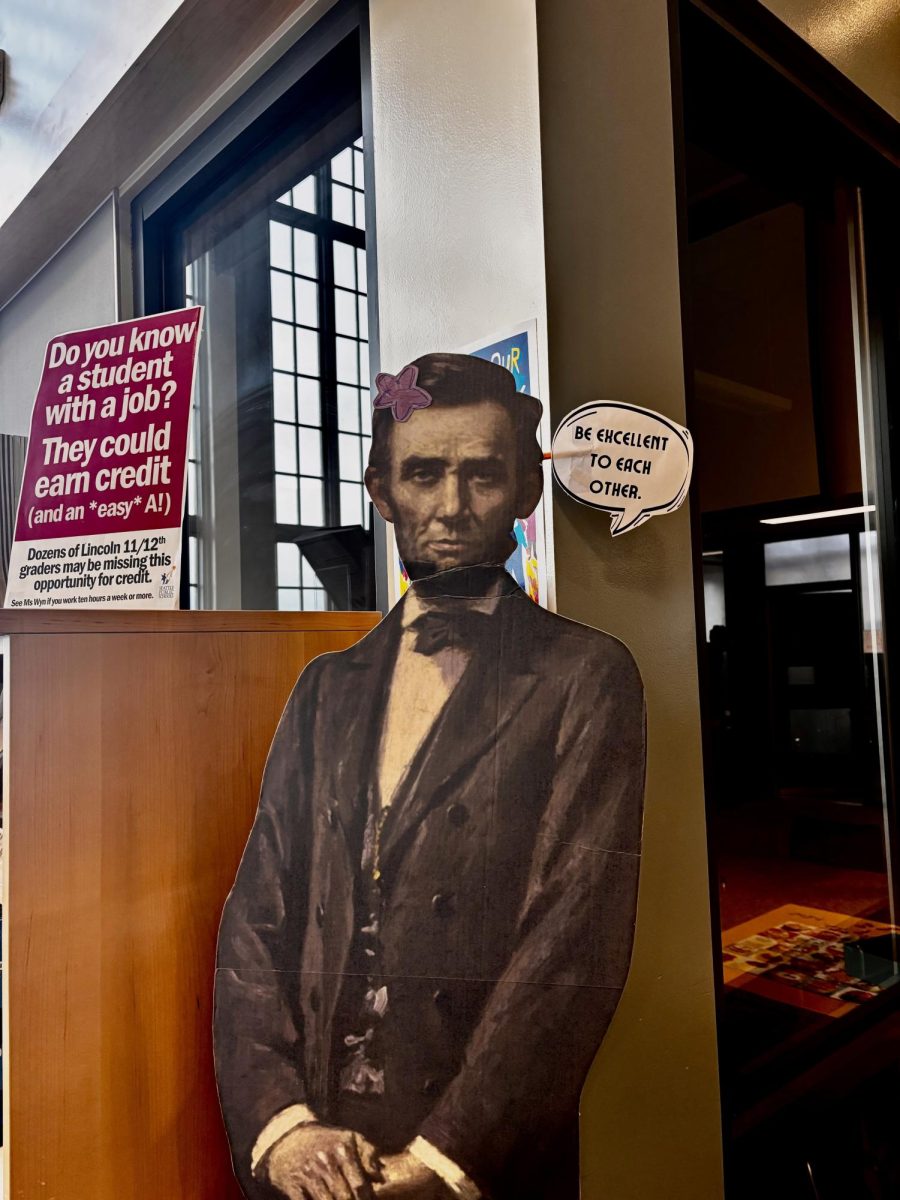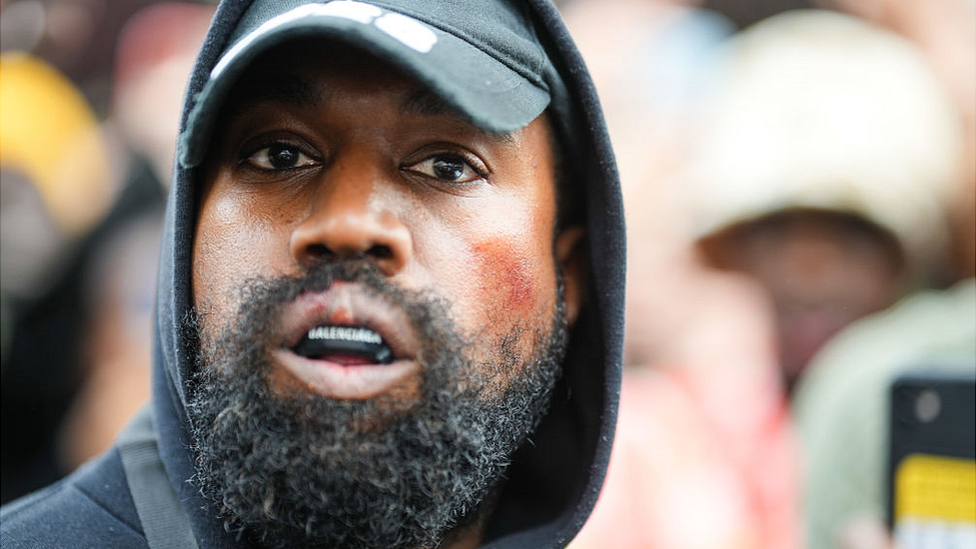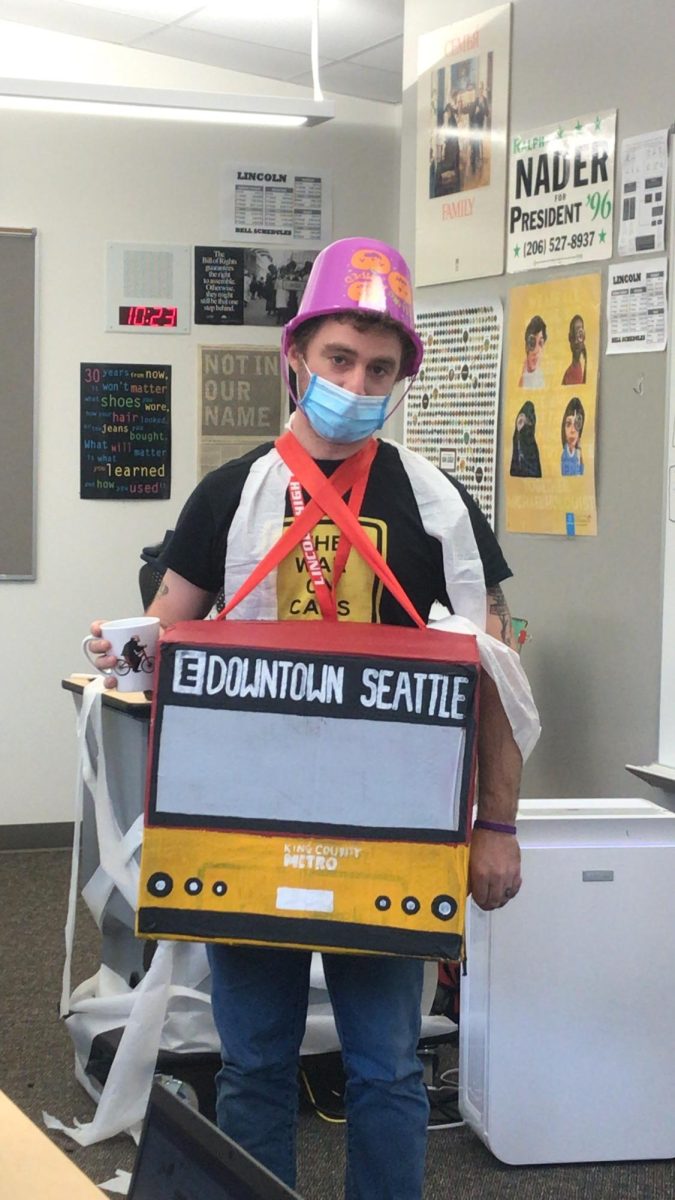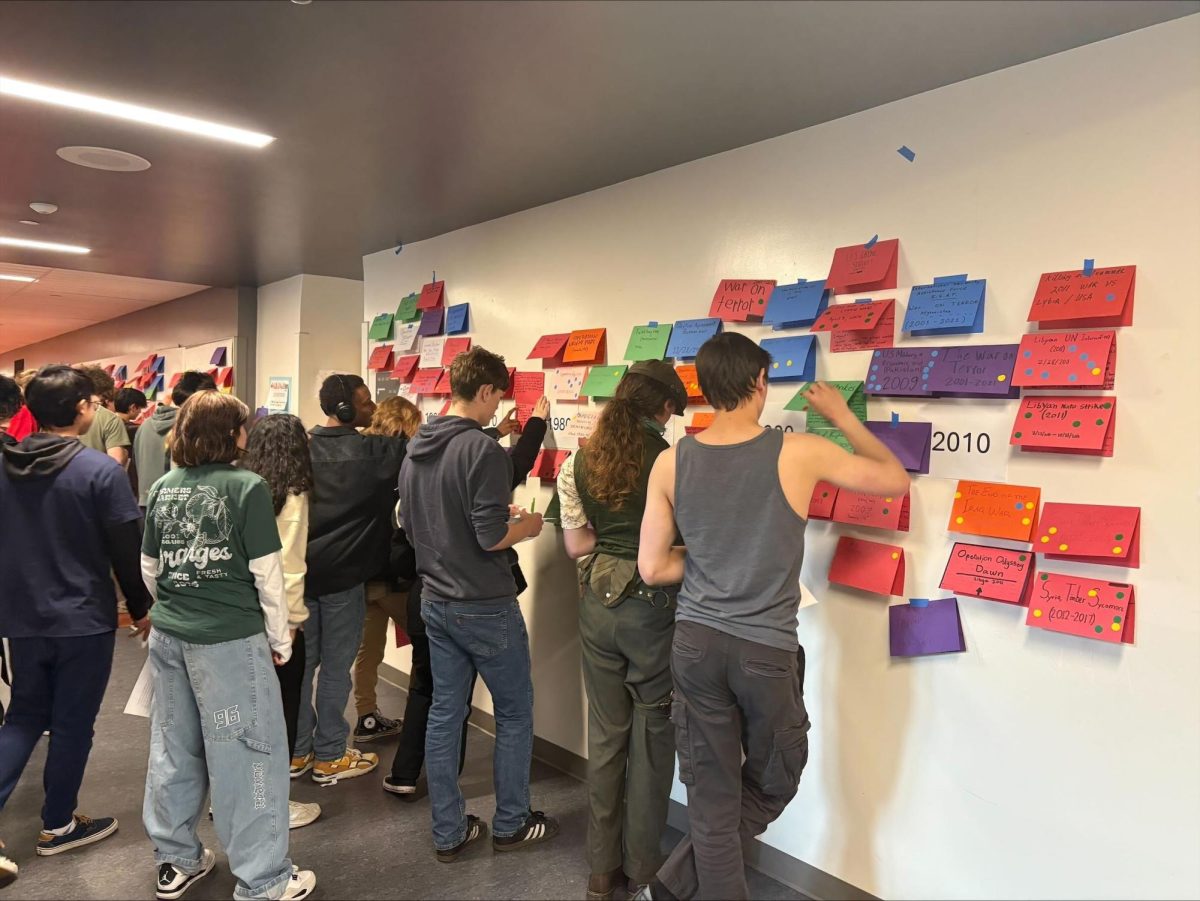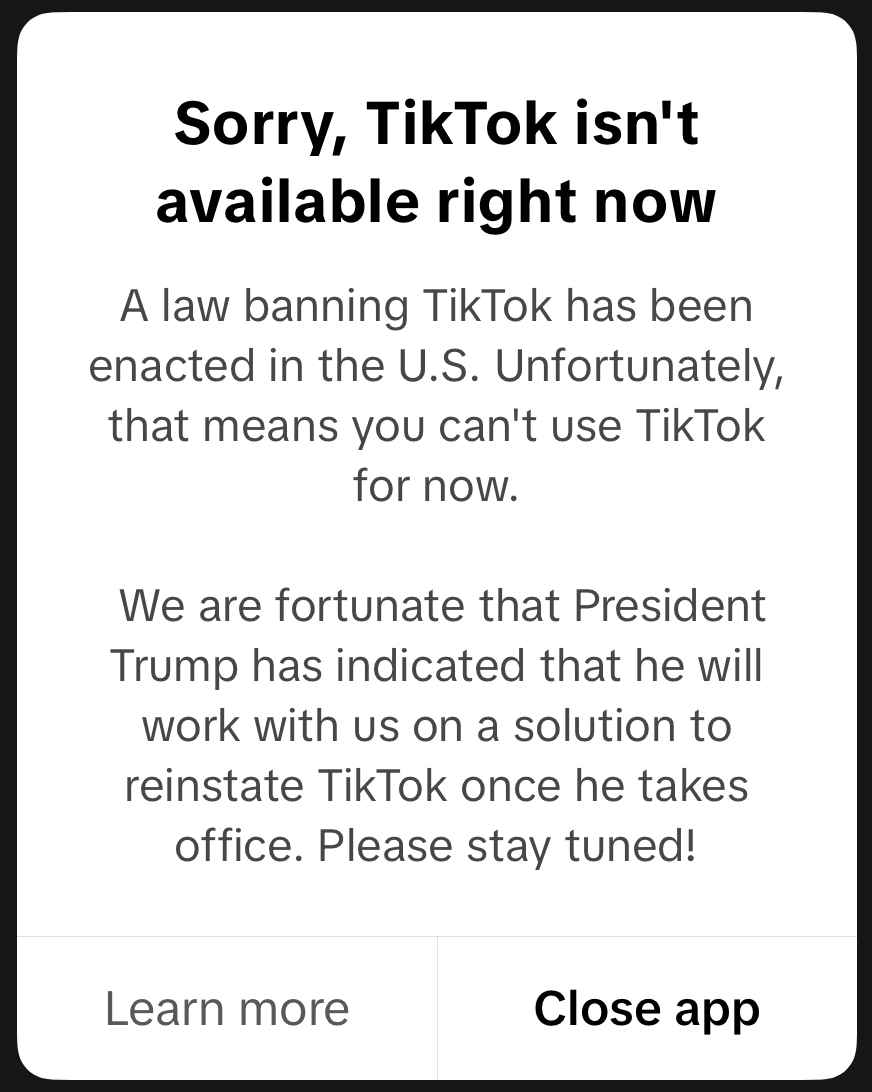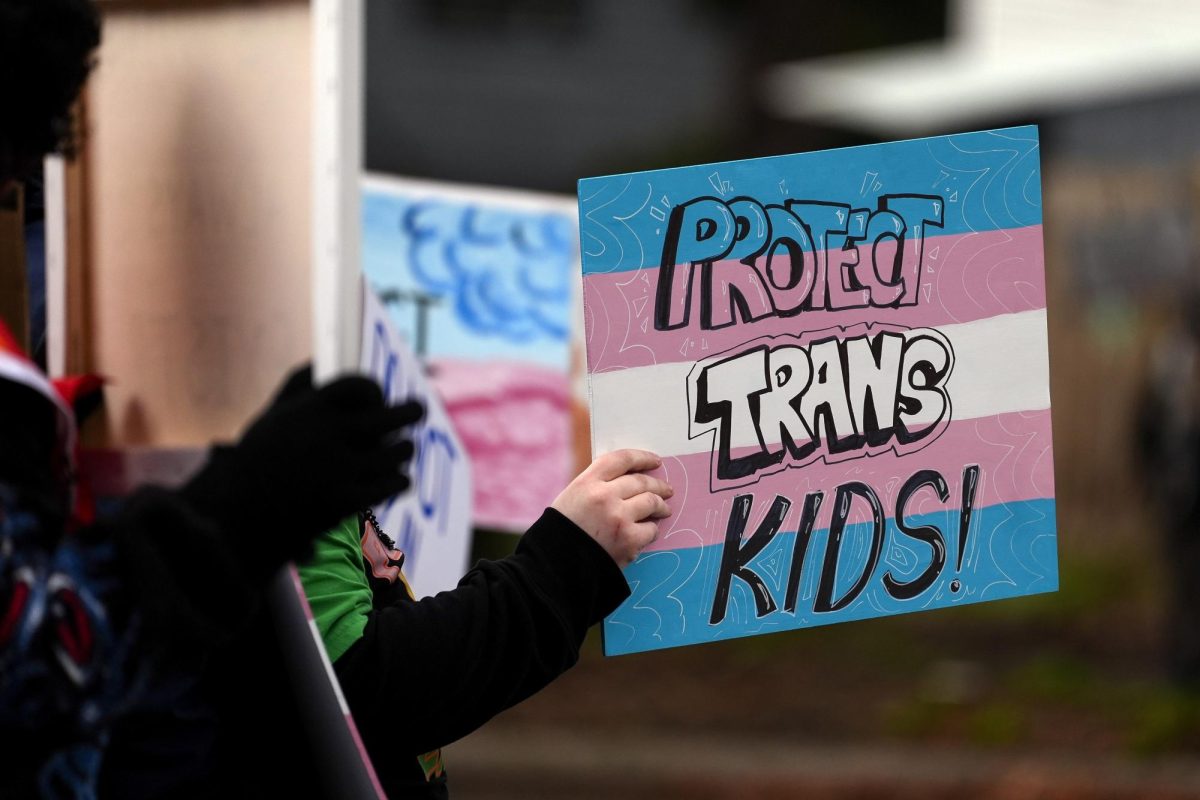A New Governor After 12 Years- Will Lincoln Feel an Impact?
Over his twelve years as the Governor of Washington State, Jay Inslee has made a big impact. By emphasizing climate change, criminal justice reform, and improvement in drug policies, he reflected Washingtonian values in an authentic way that resulted in his two-time re-election.
Another main focus of Inslee’s career as governor was something that directly impacted Lincoln: education. According to his website, later in his career, Inslee (and the state) increased investment in school construction by around 30% per square foot. As an almost fully remodeled high school, this funding was crucial for Lincoln.
Students at Lincoln have reported feeling these impacts, as Delaney Berger (’26) agreed that “the new building offers a lot of great resources, like a gym and a lot of space for our big school.”
Additionally, Inslee made way for Opioid education in schools. This year over 1,000 people in Washington have died from fentanyl overdoses according to the DEA, and Inslee’s legislation regarding education in schools protects the safety of students and young adults in Seattle who could be at risk of exposure.
He was also a part of enrollment stabilization for staff in schools, and the legislation and funding that allowed schools to hire more counselors, nurses, psychologists, and social workers. As an extremely large school, Lincoln is lucky to have five counselors and enough teachers to support its population of around 2,000 kids.
Laptops are also a huge part of learning for high schoolers, not only at Lincoln, but state-wide. Inslee initiated the purchase of over 60,000 computers to be distributed throughout Washington, and recently took part in the movement to put more than $50 million towards increasing internet connectivity.
It’s safe to say that Inslee has held true to his focus on promoting and prioritizing education throughout his career. Lincoln and many other schools have reaped the benefits of his time as governor, but 2024 has brought changes when it comes to representation and leadership.
On May 1st of 2023, 72 year-old Inslee announced that it was time for him to retire. He stated “We’ve made Washington a beacon for progress, and now it’s time to pass the torch” in a tweet later that day.
Lillie Daly (’25) reminisced that she “can’t even remember a time when Governer Inslee wasn’t in office”, highlighting how significant this decision is for him and for Washington.
Two main candidates emerged to replace Inslee, Democrat Bob Ferguson and Republican Dave Reichert. Ferguson ran on a similar platform as Inslee, and his general issues of note included climate action, economic justice, health care, reproductive rights, gun safety, and education. Reichert, however, put a large focus onto topics like national security, law enforcement, immigration, and social issues.
Ultimately, and unsurprisingly, Ferguson won the position of governor, as he reflected similar values to his predecessor. While Jay Inslee’s focus on high quality academic resources is shared by Ferguson, the new governor has a specific focus on public education.
So, what does this mean for Lincoln? What can we expect from our new governor? Will his policies and intentions make a tangible difference?
The broad answer: we don’t really know. Changes in Ferguson’s policies and legislature could be felt even more acutely at our school than the work of Jay Inslee, but it depends on who is elected in the future.
Granted, Inslee was in office for four terms and this gave him a significant time frame to make a change that could impact education statewide. However, while Bob Ferguson is only beginning his first stint as governor, he already has big ideas for how to change and improve the Washington State government.
The significant aspect of Ferguson’s campaign that differs from that of Inslee’s is his specific focus on public education, and to be precise, his stance on the superintendent. Bob Ferguson has voiced that he believes the superintendent of public education should be an appointed job as opposed to an elected one, and under his four years as governor this could become a reality.
In the state of Washington, the superintendent holds a lot of power. Ranging from implementing state education laws, to setting standards for curriculums, to delegating funding, the jurisdiction of the superintendent of public education is extremely broad. Currently, the election of the superintendent is fully decided by the state’s popular vote.
The transition of superintendent to an appointed position could change the way Lincoln functions, as well as other Seattle Public Schools. It’s possible that this political election strategy could decrease accurate representation of students and families, and solely reflect the direct values of whoever the governor is at the time.
Bob Ferguson brings an interesting new concept to the table. If he succeeds in altering the way the superintendent is elected, it won’t necessarily mean change. If Washington governors continue to reflect and represent current values and maintain educational practices, then the superintendents they appoint will likely do the same.
As long as Washington government remains as stable as it has historically and the governors that are elected hold similar values when it comes to public education, predicted change for Lincoln will only be good, if not negligible. However, Ferguson’s plans may lead Washington’s government and subsequently their schools more susceptible to change, whether positive or negative.

